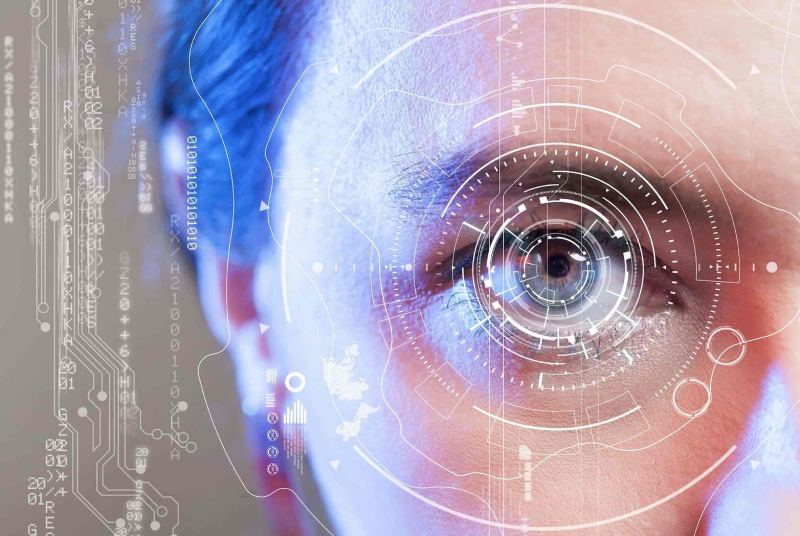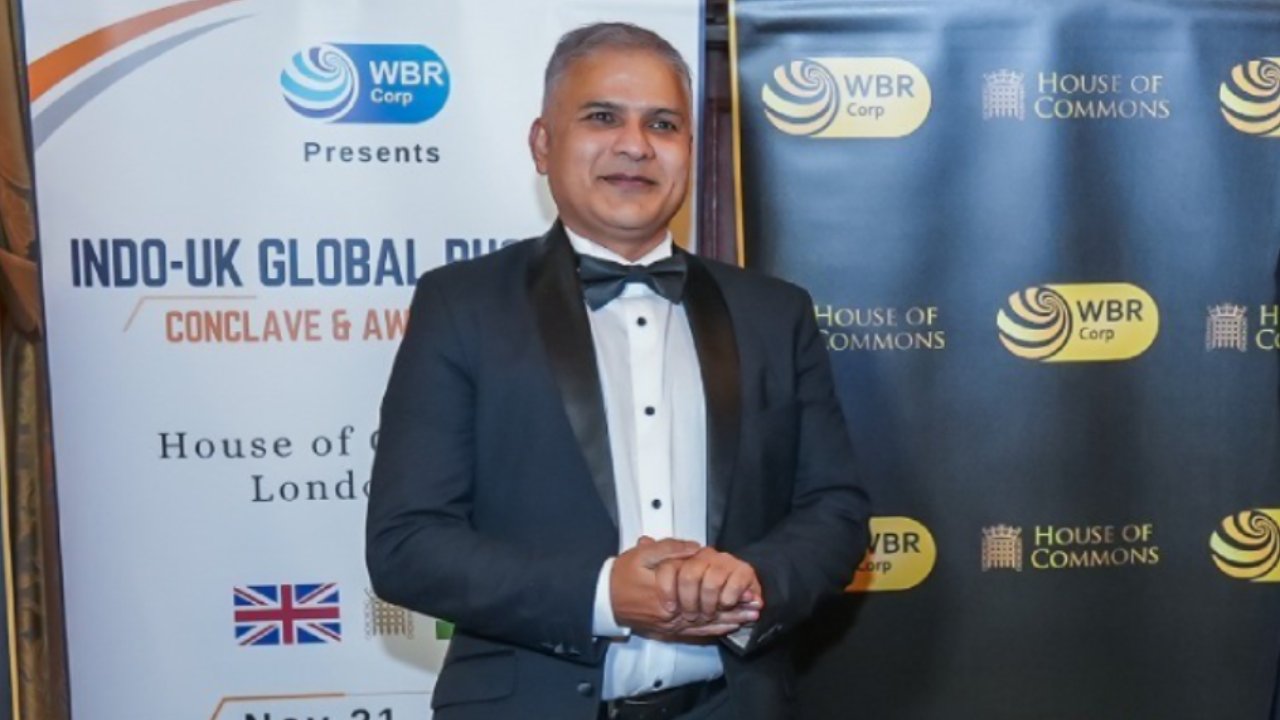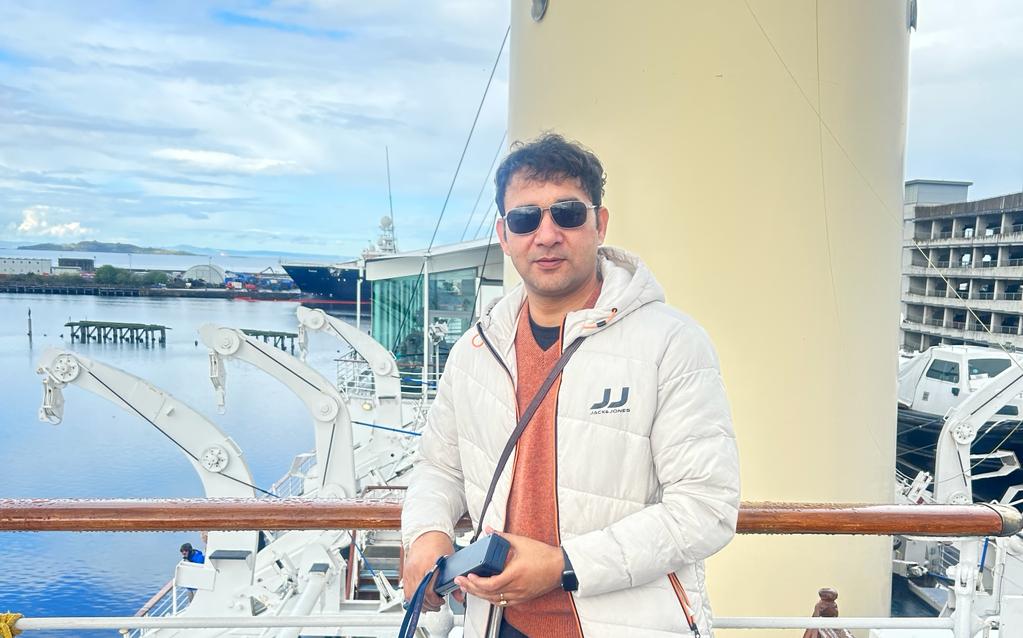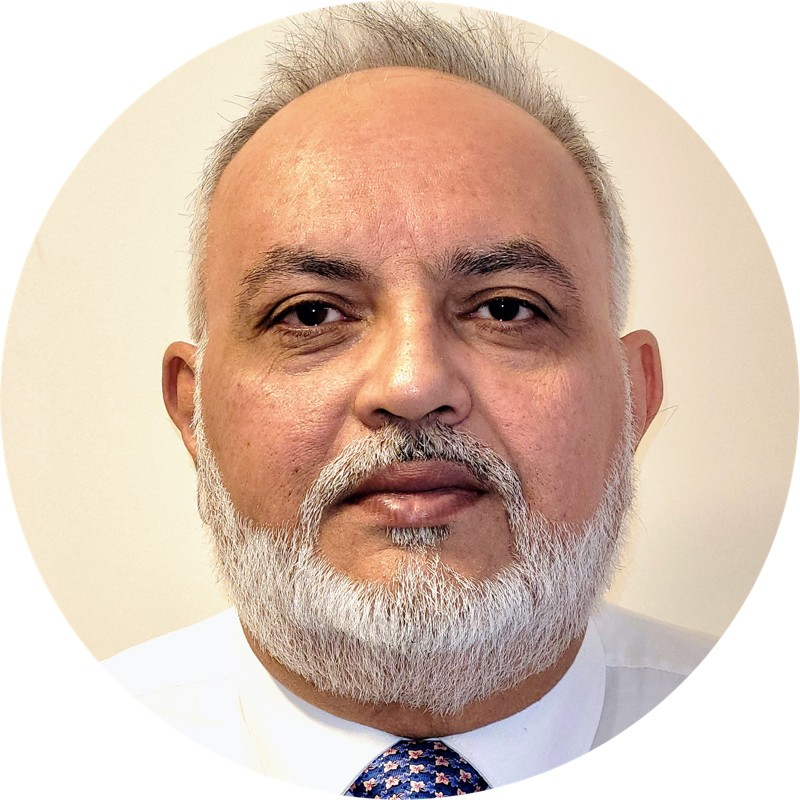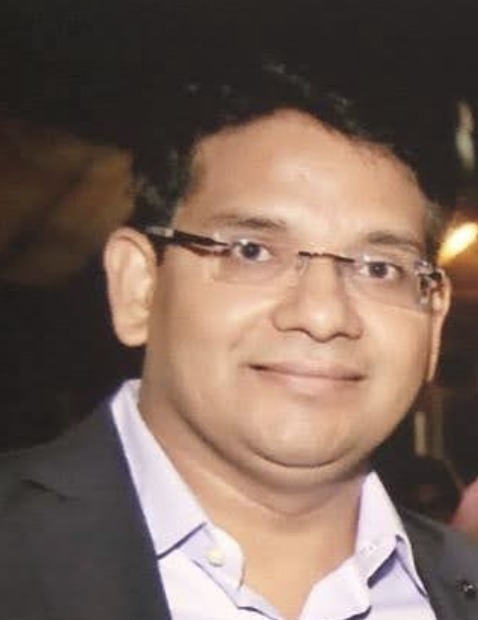Mediwhale stands at the forefront of healthcare innovation, harnessing the power of artificial intelligence to transform diagnostic medicine. Established in 2016 and headquartered in Seoul, South Korea, the company has set out to redefine preventive healthcare. By utilizing advanced retinal scans, Mediwhale accurately predicts systemic health risks—empowering clinicians to intervene early and deliver targeted, life-saving care.
At the core of its offering lies a suite of groundbreaking solutions: Dr.Noon CVD®, Dr.Noon CKD®, and Dr.Noon Fundus®. Dr.Noon CVD® evaluates cardiovascular disease risk through coronary artery calcium (CAC) scores—globally acknowledged as the benchmark for precision in cardiac risk assessment. Dr.Noon CKD® provides a superior method for forecasting chronic kidney disease, surpassing the limitations of conventional diagnostic tools. Meanwhile, Dr.Noon Fundus® detects critical eye conditions, including diabetic retinopathy, glaucoma, and cataracts, facilitating timely referrals and treatment.
What sets Mediwhale apart is its robust, clinically validated AI platform. Built through strategic collaborations with leading medical institutions across Korea, Singapore, India, and the UK, its retinal biomarker engines have earned international acclaim. Peer-reviewed publications in prestigious journals such as Lancet Digital Health further underscore the platform’s scientific credibility and clinical relevance.
Driven by a bold vision, Mediwhale aspires to make retinal scans the gateway to systemic health. With relentless innovation and cutting-edge technology, the company is charting a new course for diagnostics and reshaping the future of preventive medicine.
In an exclusive conversation with The Interview World at Convergence India 2025, Raven Kim, Global Sales Manager at Mediwhale, delves into the company’s AI-powered cardiovascular risk assessment technology. He explains the critical link between retinal abnormalities and heart disease, highlights the unparalleled accuracy of Mediwhale’s risk evaluation tools, and explores the expansive market potential in India.
Here are the most compelling insights from that engaging conversation.
Q: Could you provide insights into your AI-based solution for assessing cardiovascular risk?
A: Through a single retinal image, we accurately assess both cardiovascular risk and fundal diseases. Using a retina camera, we capture detailed changes in the eye’s blood vessels. Our AI-powered solution then analyzes these vascular changes to deliver precise, data-driven insights into your systemic health.
Q: What type of retinal imaging technology or camera do you use to capture the inputs for assessing cardiovascular risk?
A: The camera itself isn’t our product—we specialize in software development. Our technology analyzes retinal images captured by external retina cameras. Once the image is obtained, our software processes it with precision to deliver accurate insights.
Q: Could you explain the scientific correlation between retinal measurements and cardiovascular risk? How does retinal data provide insights into heart health?
A: That’s the core strength of our technology. Our AI-driven solution leverages deep learning to detect and validate physiological changes. It accurately identifies individuals at risk of cardiovascular conditions. Then, using advanced algorithms, it analyzes the extent of that risk with remarkable precision.
Q: How does the accuracy of your platform’s cardiovascular risk assessment compare to traditional diagnostic methods currently available in the market?
A: We provide the predictive model, not the diagnostic accuracy itself. However, our performance index stands at 0.74—a figure already published and validated. Notably, this matches the performance of established methods such as Computed Tomography Coronary Angiography (CTCA) and CT Coronary Artery Calcium Scoring (CTCACS). At present, CT and calcium scoring remain the gold standards. Yet, our model delivers comparable results, offering a non-invasive and efficient alternative.
Q: Given the vast and growing demand for cardiovascular healthcare in India, how do you perceive the market opportunity for your products?
A: This holds true globally. Compared to CT scans, our solution offers significantly greater affordability and accessibility. More importantly, it eliminates radiation risk entirely—because we rely on retinal imaging, not ionizing radiation. These advantages position our technology as a compelling alternative to CT scans. It can either replace CT in certain cases or complement it as part of a broader diagnostic workflow.
Q: Beyond cardiovascular risk assessment, do you have plans to expand into other areas of healthcare service delivery?
A: We plan to collaborate with cardiologists in India to better understand the patient’s medication journey. However, we need further studies to map the treatment pathway accurately and guide patients more effectively in that direction.
